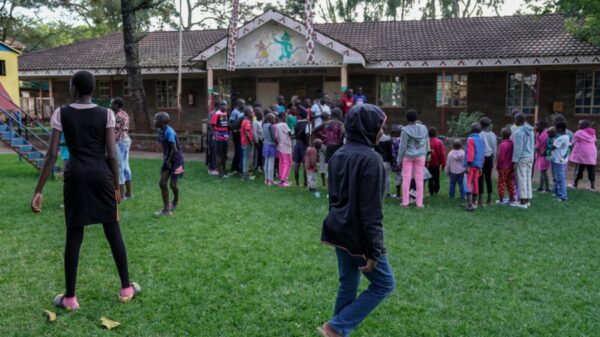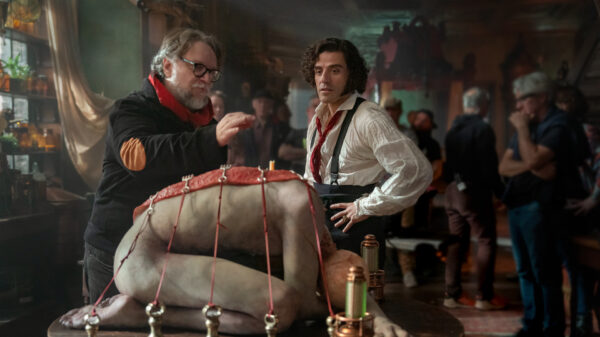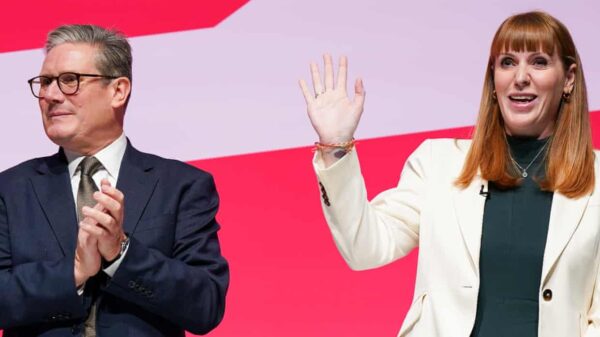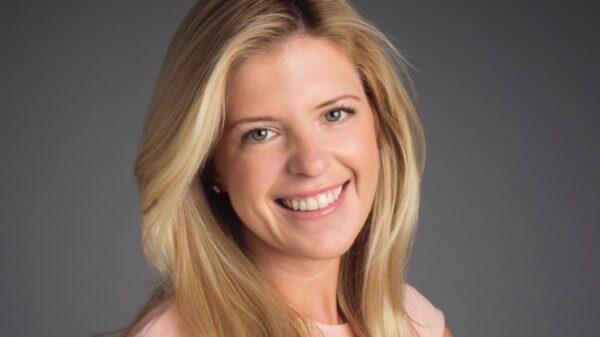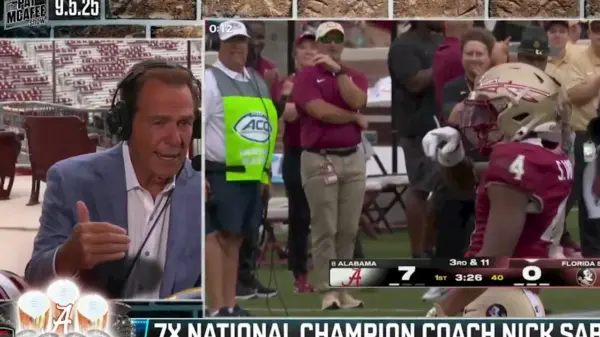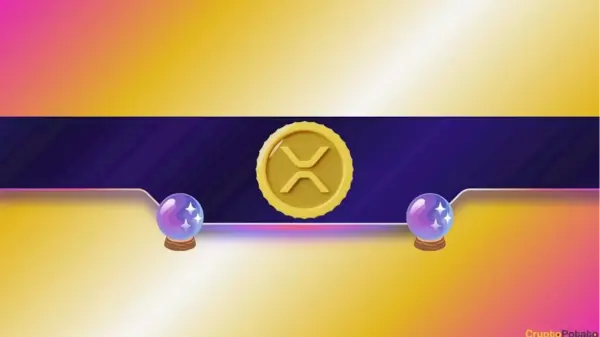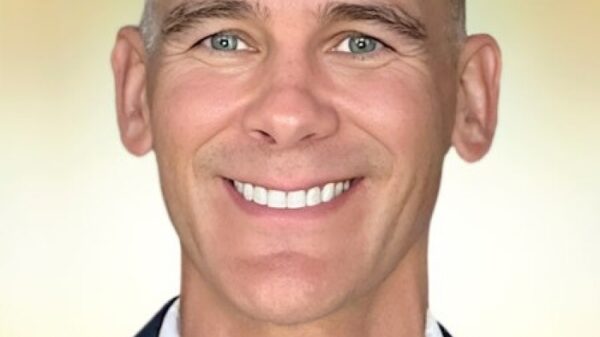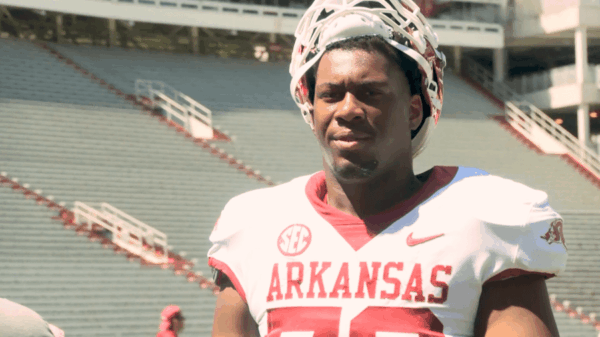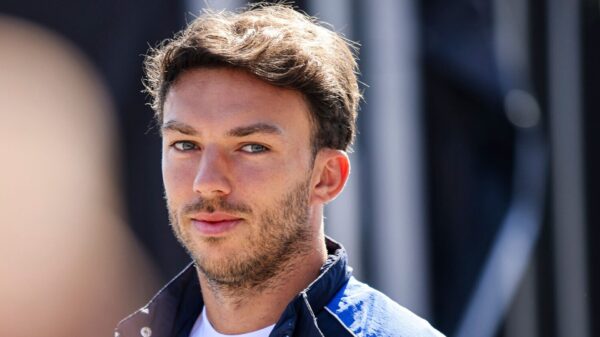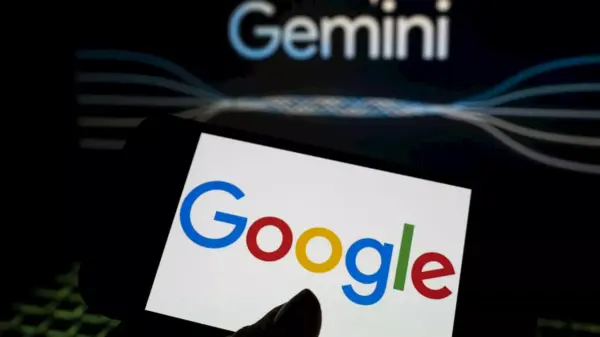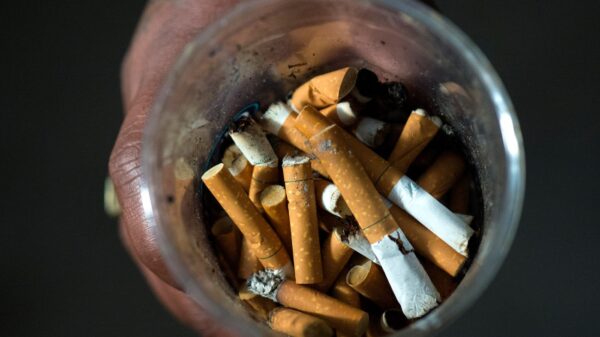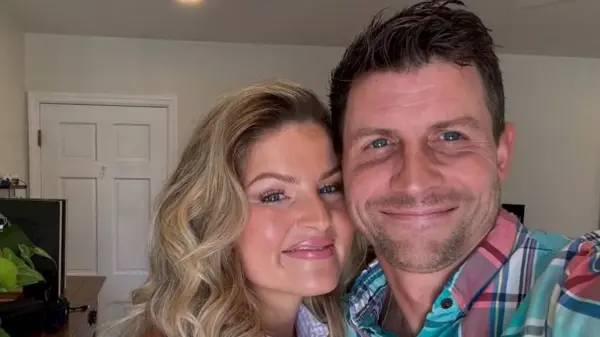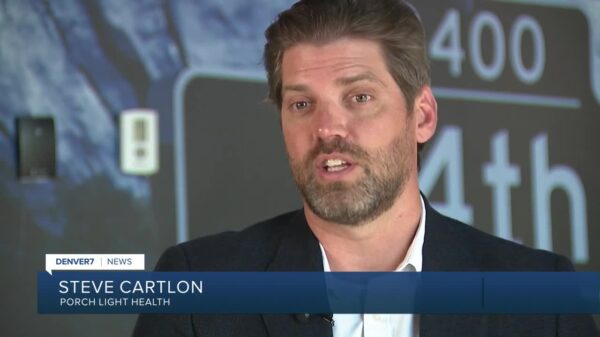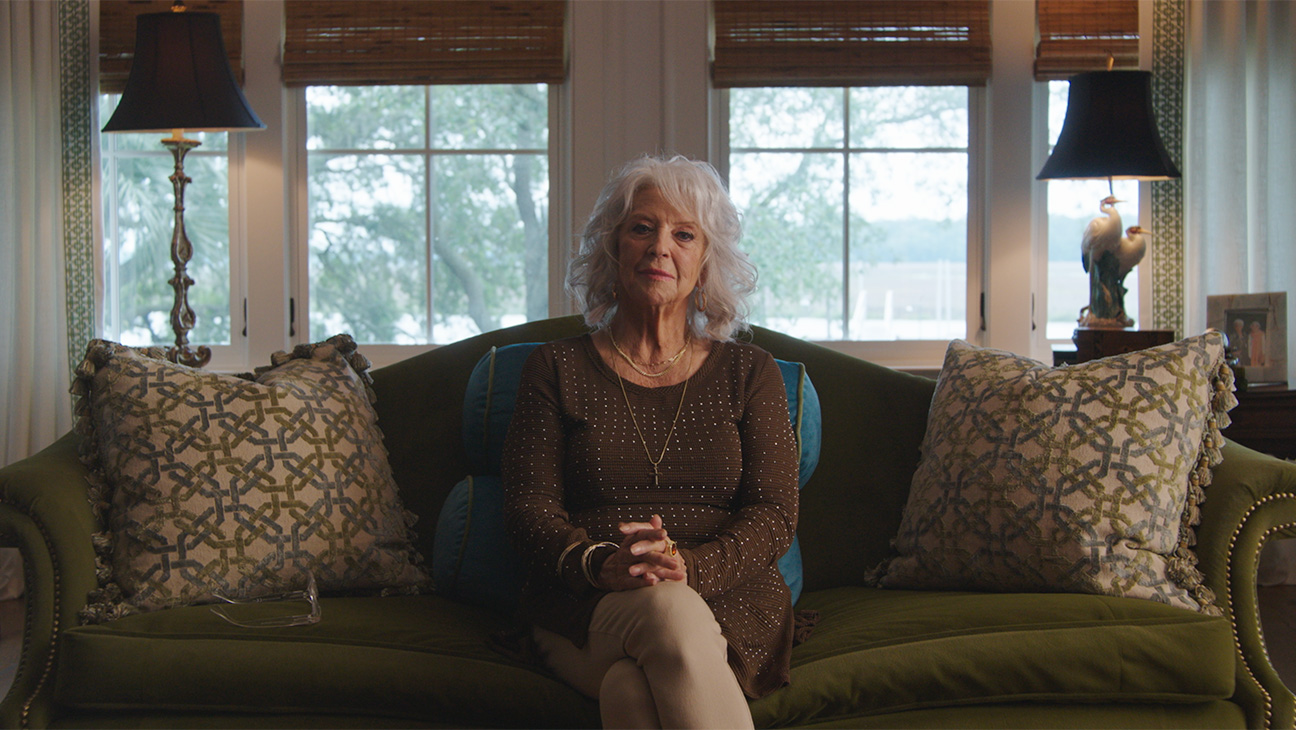UPDATE: The new documentary, Canceled: The Paula Deen Story, directed by Billy Corben, has ignited fierce debate about accountability and “cancel culture” as it attempts to reshape the narrative surrounding the disgraced chef Paula Deen. The film, released in July 2023, features insights from Deen’s son, Bobby Deen, who expressed reservations about the necessity of the documentary during an interview.
As viewers tune in, reactions are pouring in regarding Deen’s portrayal and the film’s failure to deliver a critical examination of her past scandals. Deen, once a beloved figure on the Food Network, faced severe backlash in 2013 following revelations about her use of the N-word, which led to her public downfall. The documentary attempts to present a sympathetic view of her journey, but many critics argue it falls short of addressing the gravity of her actions.
In the film, Bobby Deen admits he was initially skeptical, questioning, “Why do you need a documentary?” His concerns resonate as the film seems more focused on providing excuses for his mother rather than engaging in meaningful discourse about the implications of her past behavior.
Michael Twitty, a food historian featured in the documentary, highlights a crucial observation: “It was white people who truly canceled Paula Deen, mostly because Black people weren’t surprised.” This statement underscores the complexities of race and accountability that the film barely scratches the surface of, leaving viewers wanting a deeper exploration of the issues at hand.
The documentary spans 103 minutes but is criticized for lacking a thorough critique of cancel culture. Instead, it often shifts the focus away from Deen’s accountability, presenting her numerous apologies as insufficient without addressing their impact. Critics are quick to point out that while she has faced backlash, her career has not entirely unraveled; she has continued to operate several restaurants and made guest appearances on shows like Dancing With the Stars.
As the narrative unfolds, viewers are left questioning what true accountability looks like. The film’s structure leads to an unsettling conclusion: Deen’s numerous justifications overshadow the reality of her actions. With the examination of her past being largely absent, the documentary raises more questions than it answers.
The urgent conversation surrounding this documentary is not just about Paula Deen; it reflects broader societal issues regarding race, accountability, and the public’s role in shaping narratives about public figures. As the film garners attention, audiences are encouraged to reflect on the implications of the stories we choose to amplify and those we choose to silence.
As Canceled: The Paula Deen Story continues to trend, discussions on social media highlight the ongoing relevance of accountability in today’s culture. The documentary’s release serves as a reminder of the complexities surrounding public figures and the narratives that define their legacies.
WHAT’S NEXT: Viewers and critics alike are left to ponder whether more documentaries will delve into the complexities of cancel culture and accountability, and how public perception might shift in the wake of this film. The conversation around Paula Deen is far from over, and as more people watch and discuss the documentary, its impact on the discourse surrounding cancel culture will become clearer.







